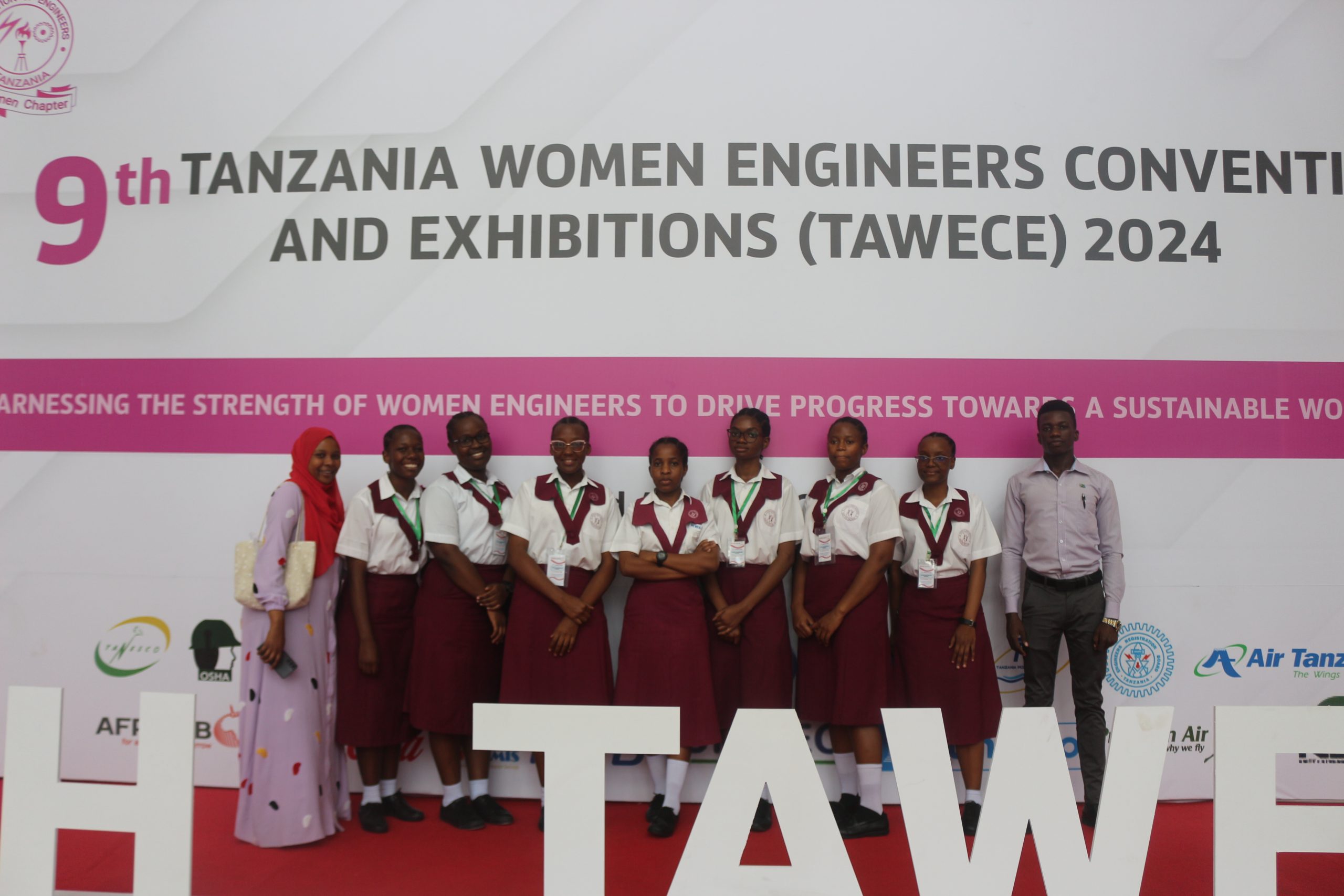Women Engineers Projects – marching forward
The students’ participation in the exhibition was a powerful reflection of the Institution of Engineers Tanzania’s objective to advance the science and practice of engineering and to facilitate the exchange of knowledge and ideas. The innovative projects displayed not only highlighted their technical skills but also their ability to collaborate and think critically about the challenges facing society today.
KILIMO JANJA, a smart agricultural system developed by the students, is designed to revolutionize farming practices in Tanzania. By integrating IoT technology, KILIMO JANJA allows farmers to monitor soil moisture, temperature, and crop health in real-time, enabling more efficient water usage and maximizing crop yields. The system’s ability to provide data-driven insights impressed the judges, who praised the project for its potential to transform agriculture, especially in rural areas where traditional farming methods dominate. This project is a testament to the students’ understanding of the importance of sustainable development and their desire to contribute to the agricultural sector, which is a critical part of Tanzania’s economy.
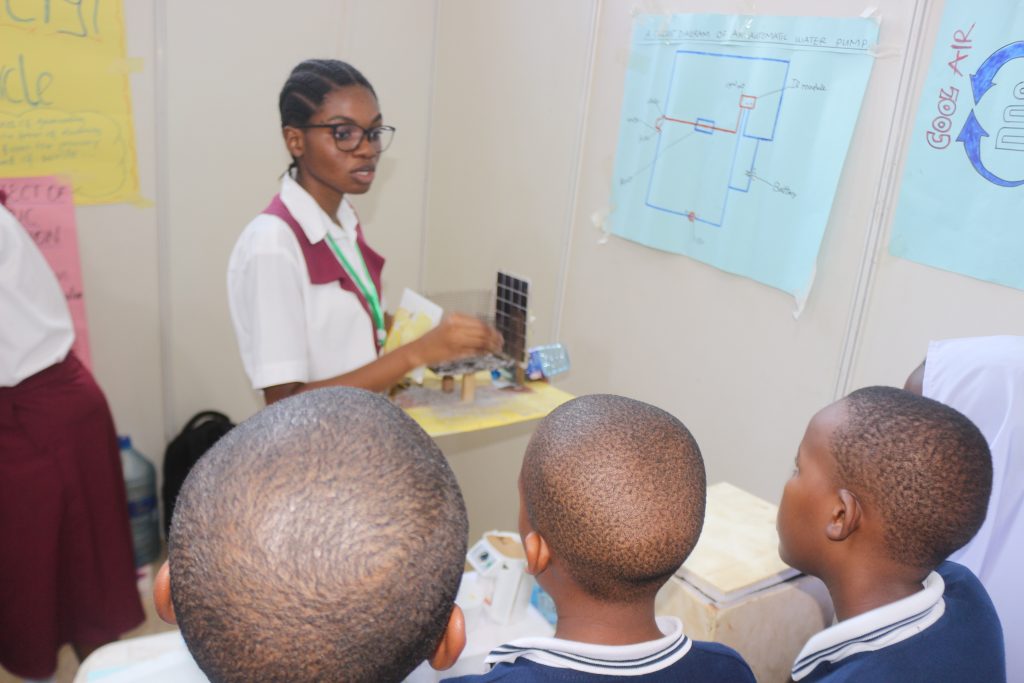
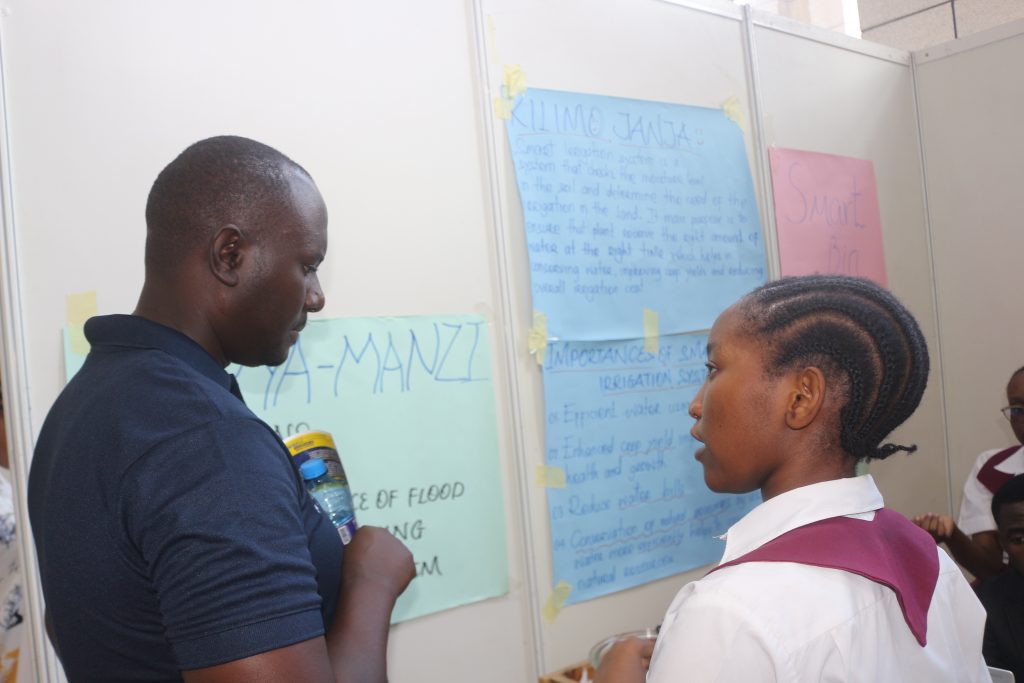
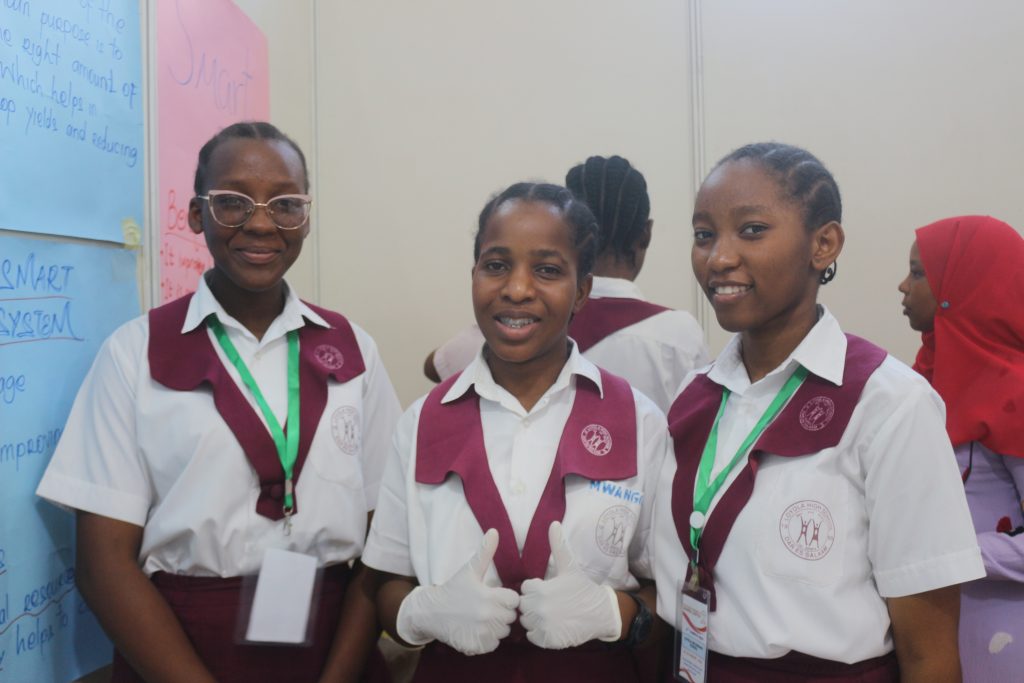
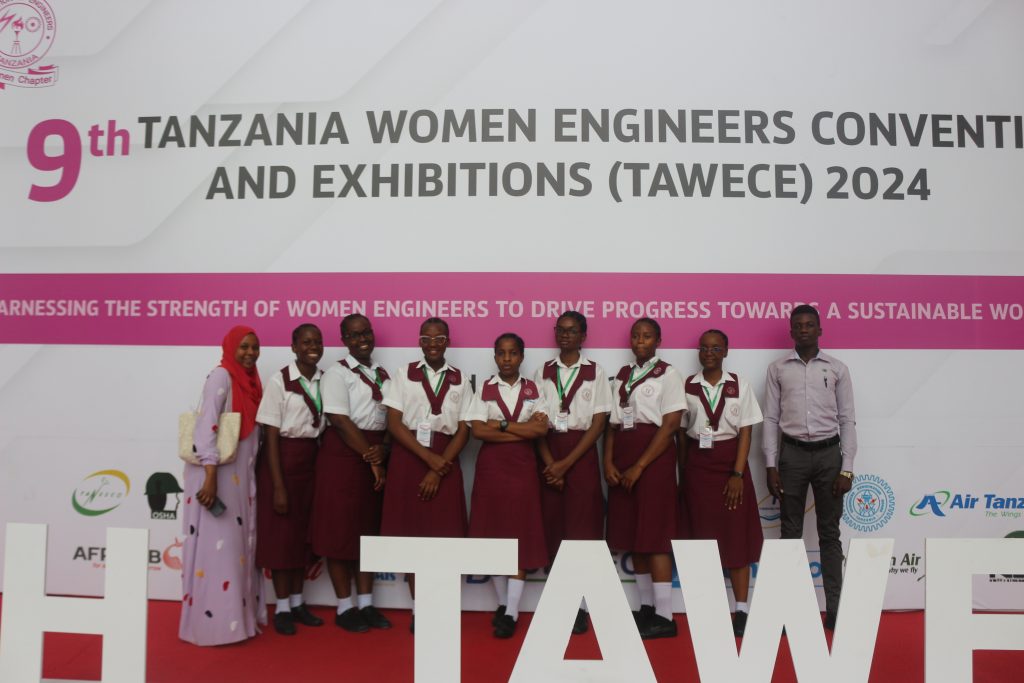
As these young women continue to pave the way for future generations, their success serves as an inspiration to others. The collective efforts of the students, teachers, and Loyola School as a whole have made a significant impact on the engineering community in Tanzania, proving that with dedication and the right guidance, the future of women engineers is bright and full of potential.

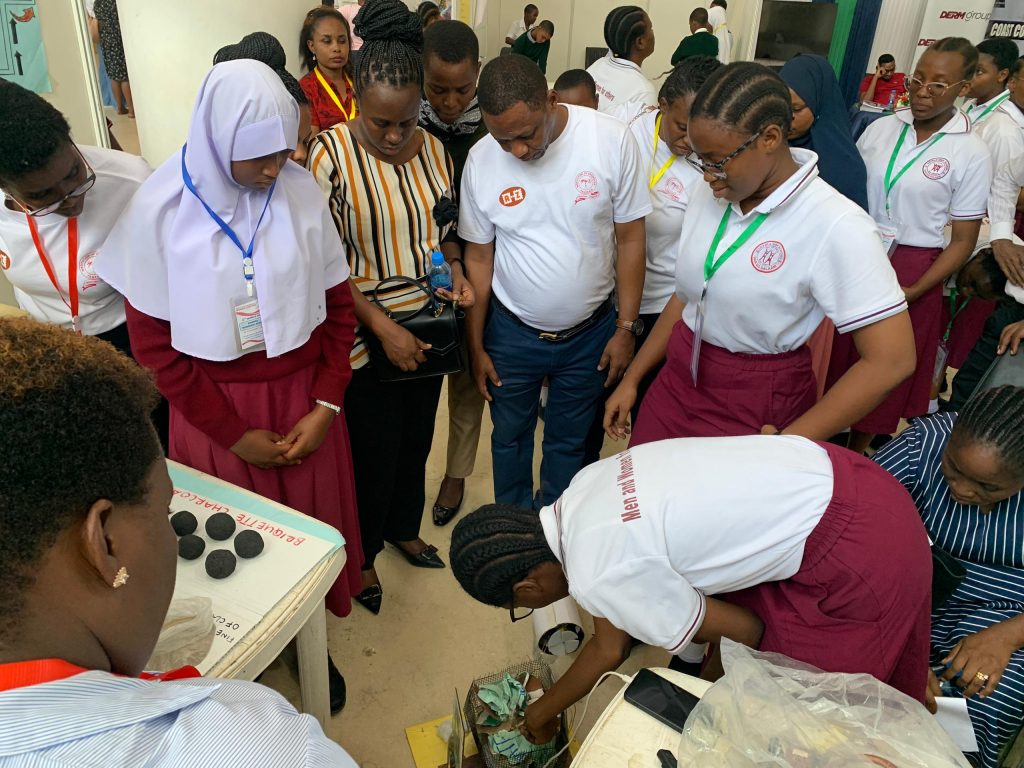

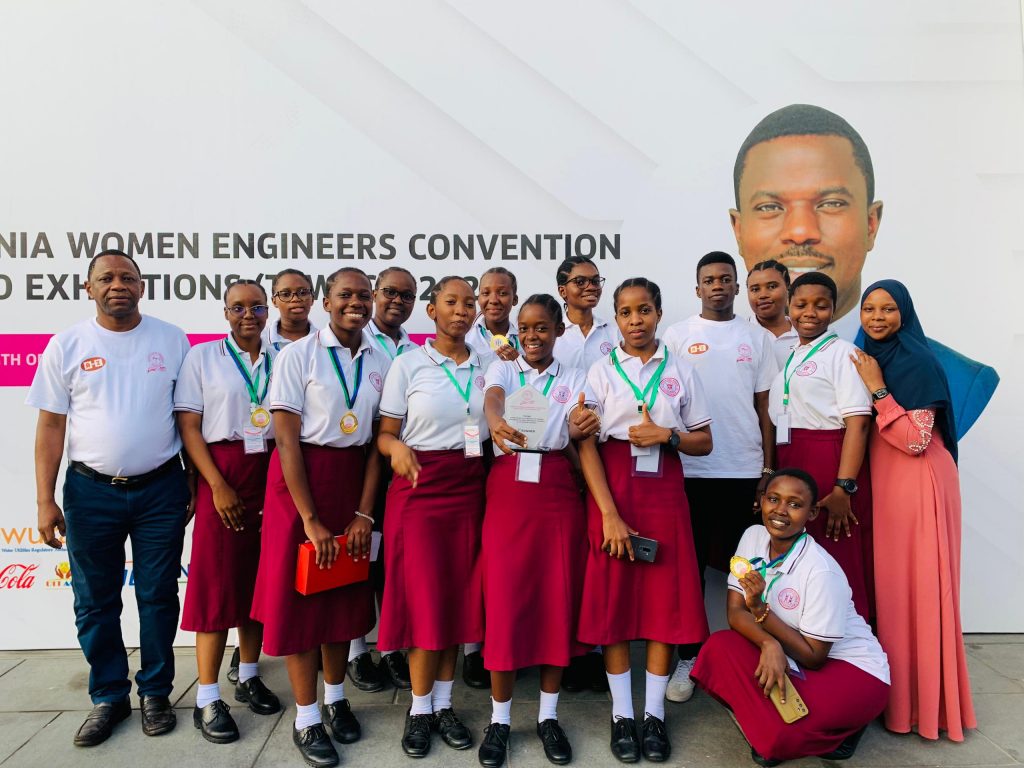
SMART DUSTIN, on the other hand, is an intelligent waste management system that addresses the growing issue of urban waste. The system uses sensors to detect when waste bins are full and sends alerts to waste management teams, optimizing collection routes and reducing the overflow of waste in public areas. The judges and attendees were particularly impressed by the project’s practical application in urban settings, where waste management is a significant challenge. The SMART DUSTIN project not only showcased the students’ engineering skills but also their commitment to creating solutions that contribute to a cleaner and healthier environment.
Both KILIMO JANJA and SMART DUSTIN received special recognition from Hon. Innocent Bashungwa, MP, who commended the students for their innovative contributions to the convention. He noted that their projects exemplify the impact of empowering young women in engineering, as they are actively addressing key issues that align with Tanzania’s development goals.
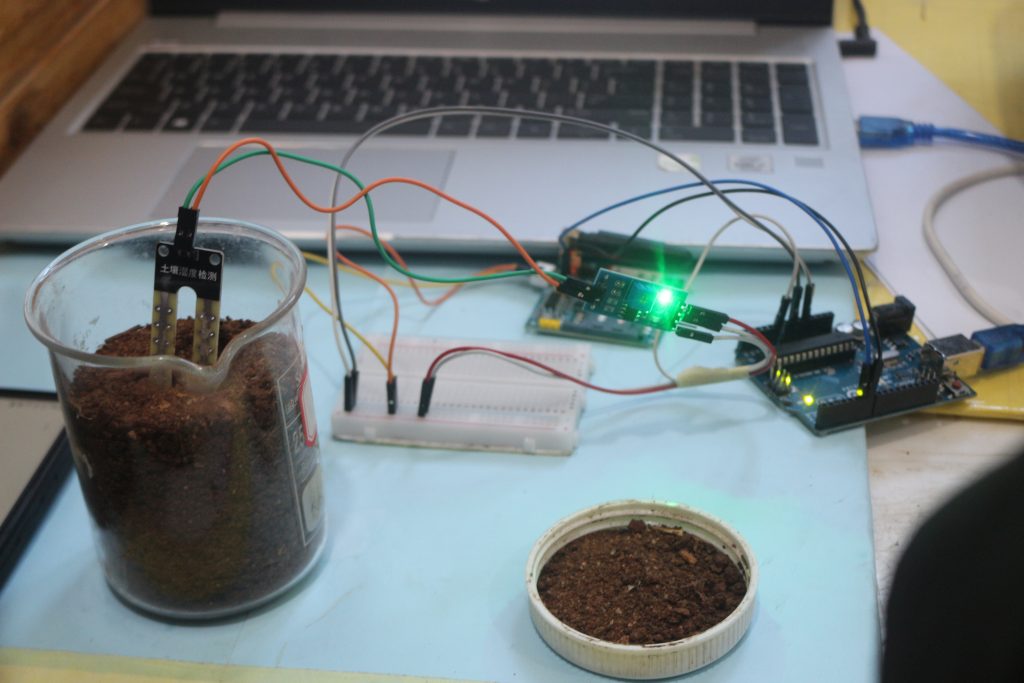
The recognition garnered by Loyola students at TAWECE 2024 underscores the importance of continued investment in education and empowerment programs for women. By equipping young women with the skills and confidence needed to excel in engineering, Loyola is playing a vital role in shaping the next generation of leaders who will drive Tanzania’s progress in science, technology, and sustainable development.

